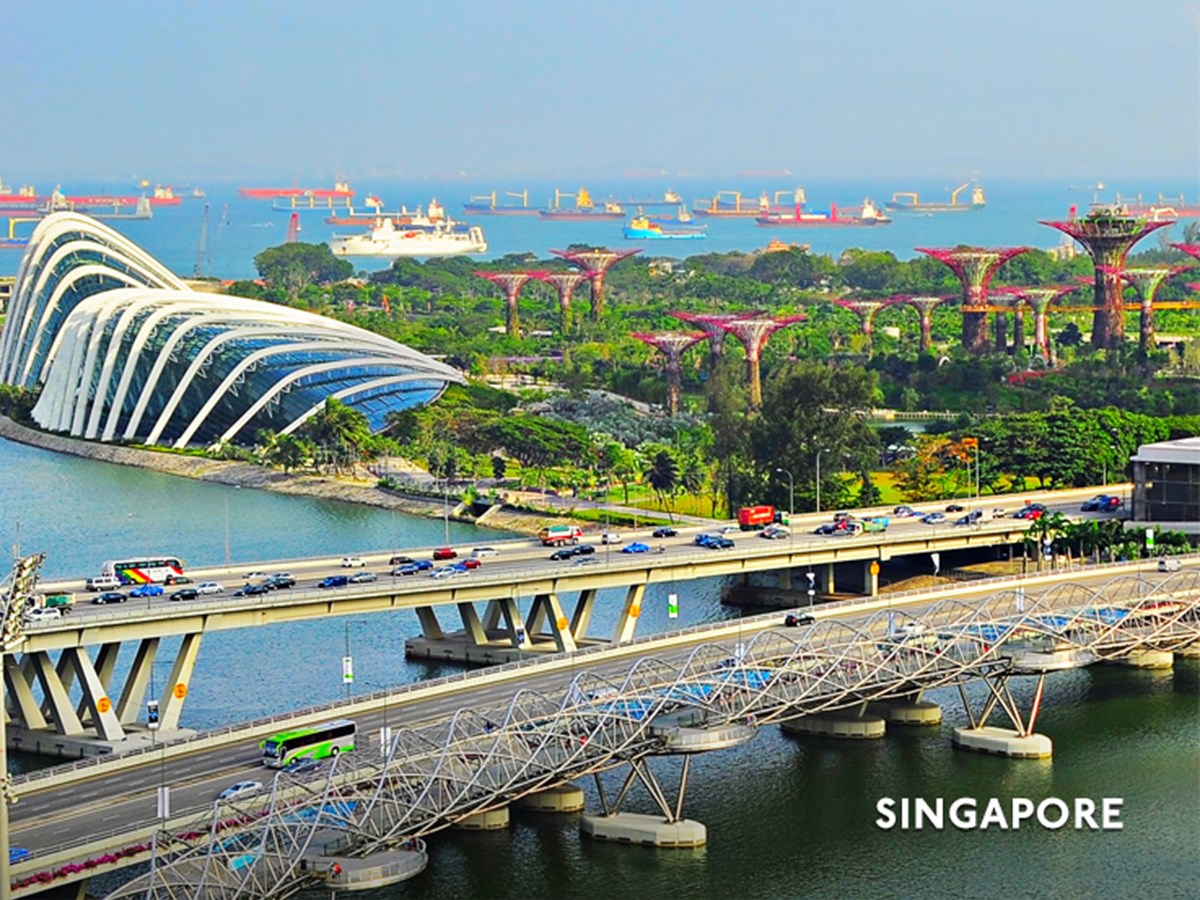
Knowledge Highlights 6 January 2026

On 7 January 2025 at the 11th Malaysia-Singapore Leaders’ Retreat, Singapore and Malaysia exchanged a Memorandum of Understanding (“CCS MOU”) to collaborate on cross-border carbon capture and storage (“CCS”) as well as an Agreement on the Johor-Singapore Special Economic Zone.
A press release issued by the Singapore Ministry of Trade and Industry states that, under the CCS MOU, both countries will engage in bilateral discussions to enable cross-border CCS and discuss components of a legally binding Government-to-Government agreement. Both countries will also share best practices and information on CCS and facilitate industry-led research projects where relevant. The press release states that Singapore is keen to work with regional partners with suitable geological storage sites, to make cross-border CCS projects a reality. This is a win-win proposition for both Singapore and storage countries as it generates jobs and investments for the storage countries as well as supports regional decarbonisation.
On 25 March 2025, Malaysia’s Parliament passed the Carbon Capture, Utilization and Storage Bill 2025 (“Bill”). It is now pending Royal Assent. This new law is intended to catalyse the development of the carbon capture, utilization, and storage (“CCUS”) industry as a new source of economic growth for Malaysia.
With Malaysia poised to develop the CCUS industry as a new growth area against the backdrop of the MOU between Singapore and Malaysia, companies with an interest in cross-border CCS projects may find it useful to know more about Malaysia’s new law.
We set out below a summary of the key features of the Bill.
What is carbon capture and storage?
CCS is the process of capturing, transporting (where required), and permanently storing carbon dioxide (“CO2”) emissions. CCS has the potential to decarbonise hard-to-abate emissions for which there are no ready alternative solutions, in sectors such as energy and chemicals, power, and waste. Internationally, CCS is regarded as an important decarbonisation pathway to achieve global climate mitigation.
Malaysia’s Carbon Capture, Utilization and Storage Bill 2025
The Bill was passed by the Upper House of Malaysia’s Parliament, the Dewan Negara, on 25 March 2025. It is currently pending Royal Assent. The Bill seeks to catalyse the development of the CCUS industry as a new source of economic growth and applies only to Peninsular Malaysia and Labuan, excluding Sabah and Sarawak. CCUS projects within the state of Sarawak are governed by the Sarawak Land Code 1958 and its subsidiary legislation, the Land (Carbon Storage) Rules 2022.
The main objectives of the Bill are to:
The Bill consists of 10 parts, detailing the responsibilities of storage site operators in environmental protection, risk management, and liability, to ensure compliance with international CCUS.
The following is a summary of key provisions under the Bill.
The Bill imposes an obligation on the holder of an offshore or onshore storage licence who is operating, controlling, or controlling the operation of, the relevant storage site (“Operator”) to ensure that the CO2 accepted and injected into its storage site complies with the CO2 stream acceptance criteria specified in the Bill. The Operator is required to keep a register of the quantities and properties of the CO2 streams accepted and injected, including the composition of the stream.
The Operator is also responsible for ensuring that the storage site is operated in accordance with the CCUS practices specified in Clause 5 of the Bill, including providing to the Agency information which is relevant for the purpose of assessing compliance with the conditions of the offshore or onshore storage (as the case may be) licence.
The Operator will also be required to pay an injection levy, the rates of which shall be determined by the Minister responsible for matters relating to CCUS (and based on the risk and probability of risk of each storage site), which levy is for the purpose of long-term monitoring of each storage site by the Government.
This Fund will only be expended to cover costs borne by the Government for the long-term stewardship of storage sites after the transfer of obligations to the Government or for the purpose of promoting the development of the CCUS industry in Malaysia.
Comment
The Bill marks a significant step forward in Malaysia’s efforts to establish itself as a regional CCUS hub for South-east Asia and provides welcome clarity on the Malaysian regulatory framework for the CCUS sector.
The alignment between Singapore and Malaysia regarding CCS presents a strong foundation for advancing CCS as a regional decarbonisation strategy. Singapore’s lack of known suitable geological formations necessitates partnership with regional partners like Malaysia, while Malaysia may benefit from inbound investment, infrastructure development, and long-term economic gains.
As implementation frameworks take shape (e.g. regulations, technical standards, and bilateral instruments), companies pursuing CCS initiatives should monitor legal developments and engage early with authorities on both sides of the Causeway.
Reference materials
The press release issued by the Singapore Ministry of Trade and Industry about the MOU is available on its website www.mti.gov.sg.
The Carbon Capture, Utilization and Storage Bill 2025 can be found on the Malaysia Parliament website www.parlimen.gov.my.